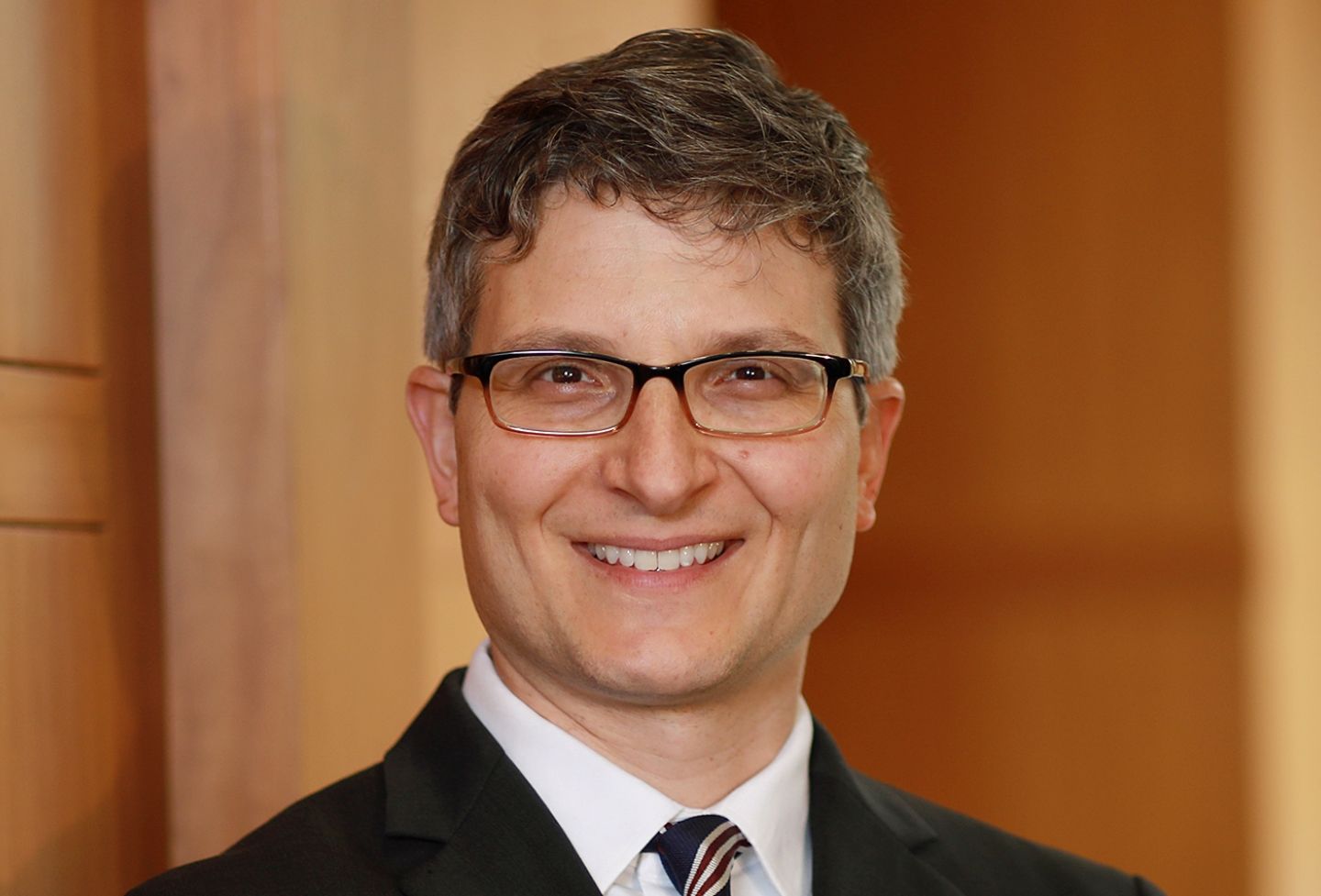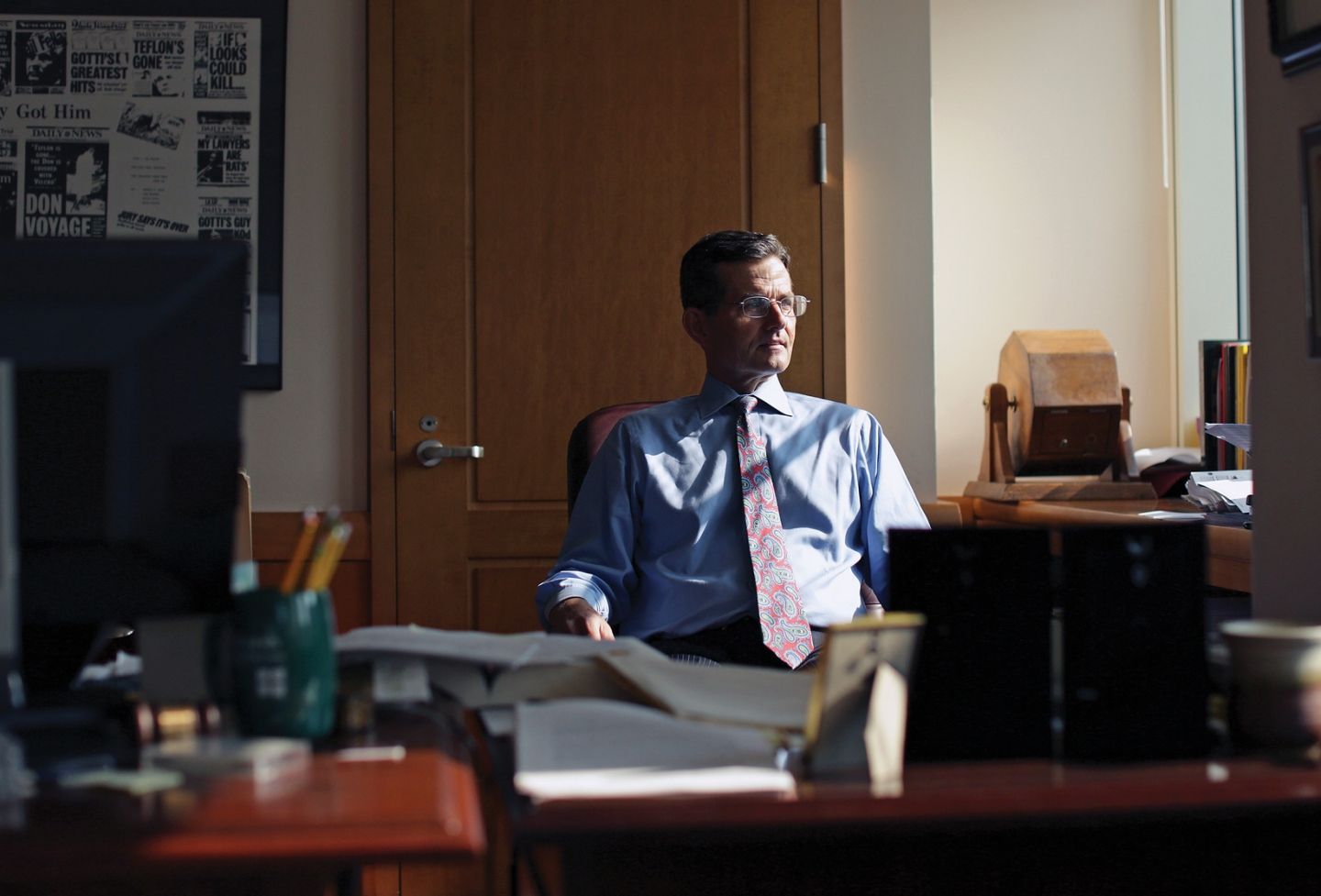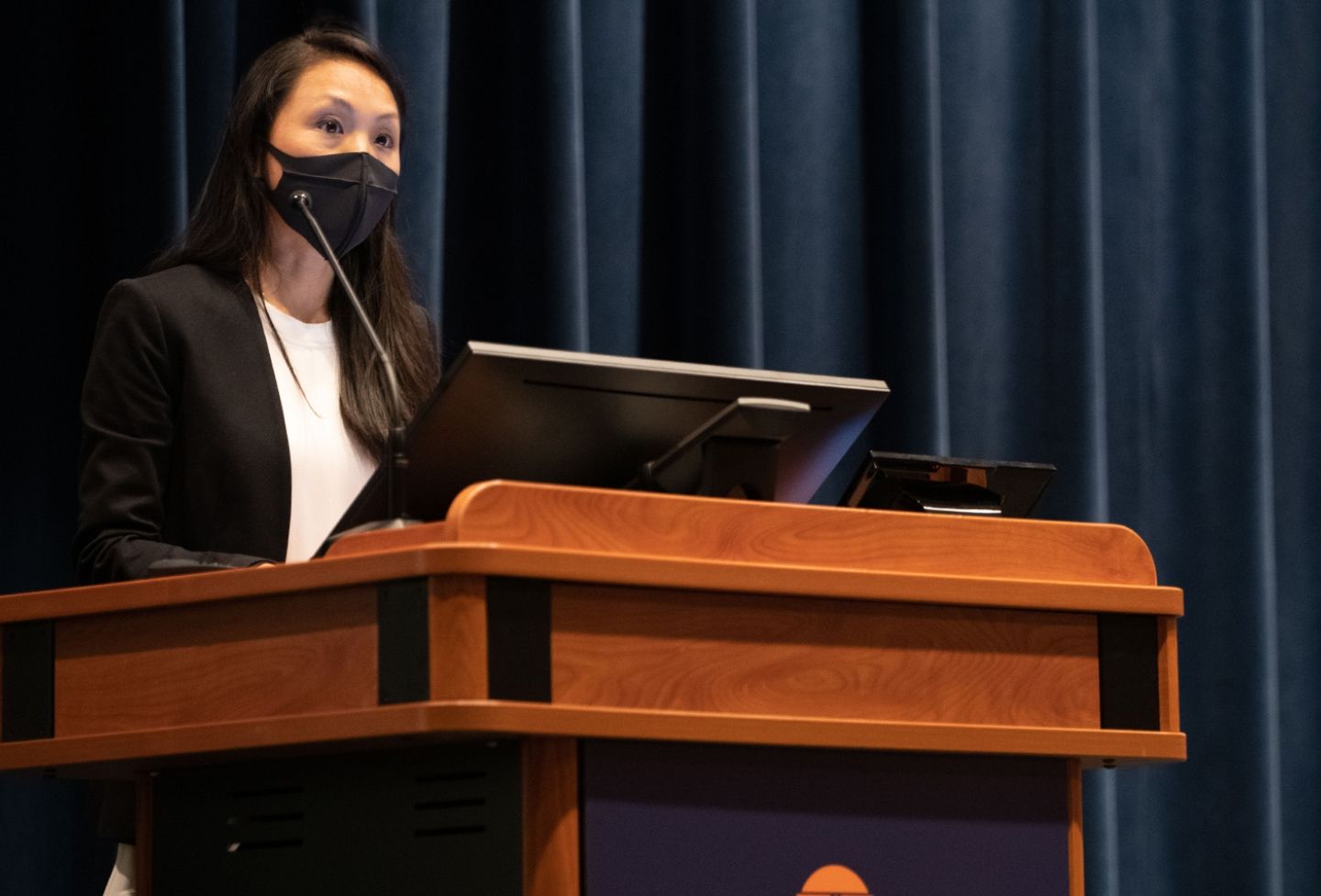Deborah Boardman ’00 is a judge on the U.S. District Court for the District of Maryland.
Tell us about your path to becoming a pro bono litigator at Hogan Lovells.
After my 2L year, I was a summer associate at Hogan & Hartson, now known as Hogan Lovells, in Washington, D.C. One of the reasons I chose Hogan was its commitment to pro bono work and its nationally recognized pro bono group. As a young litigation associate, I sought out pro bono matters that were important to me and allowed me to get direct client contact and litigation experience. After a few years, I was selected to serve as the senior associate in the firm’s pro bono group. For nearly two years, I worked exclusively on the firm’s largest pro bono matters. For a young litigator interested in serving the poor and defending civil rights, it was a dream job.
What were some of your most memorable cases in that role?
I and a team of very talented attorneys were honored to represent a former Navy sailor wrongfully convicted of the rape and murder of a Navy sailor’s wife in Norfolk, Virginia. Our client, one of four wrongfully convicted men, commonly called the “Norfolk Four,” was serving a life sentence when we filed a habeas corpus petition seeking to overturn his conviction. We won at the state trial court level and defended the victory through appeal to the Fourth Circuit. Our team persuaded Gov. Tim Kaine to release [the three still serving their sentence] from prison. Years later, Gov. Terry McAuliffe granted them absolute pardons, and they were exonerated.
I also had the honor of representing Black members of the Secret Service who challenged the discriminatory promotion practices of the federal law enforcement agency. These brave officers, dedicated to protecting our presidents, were systematically denied promotions into upper management. The case eventually settled, and as part of the settlement, the Secret Service overhauled its promotion selection process.
What did you learn from these cases?
From my colleagues, I learned about effective advocacy. From the judges presiding over the cases, I learned about the importance of knowing and reading your audience. But most importantly, from my clients, I learned how resilient the human spirit can be under the most difficult circumstances.
What did you take away from your work in Maryland’s Federal Public Defender’s Office?
I spent 11 years as an assistant federal public defender. I worked on nearly every type of federal criminal case, but most of my clients were poor, young Black men from Baltimore City charged with gun and drug crimes. Each one had a different life story to tell. But, to a person, every one of them experienced neglect, abuse or poverty as a child. None of them was afforded the educational opportunities I had. Their access to health care was limited, and the health care they did receive was often substandard. Public defenders have a unique view into the socioeconomic causes of criminal behavior.
What has been your best day on the federal bench so far — either as a magistrate or District Court judge?
I can’t say a particular day stands out. As a judge, you don’t find satisfaction in the outcome of a particular case. You find satisfaction in listening carefully to the parties’ arguments, culling through the record without an agenda and impartially applying the law to the facts. My best days on the bench are when I faithfully adhere to that process.
You have the last word. What do you want to say?
Follow your gut — always, and in every decision you make. All of us have an inner voice that guides us. When you follow it, you can’t go wrong. When you don’t, you’ll wish you had.



